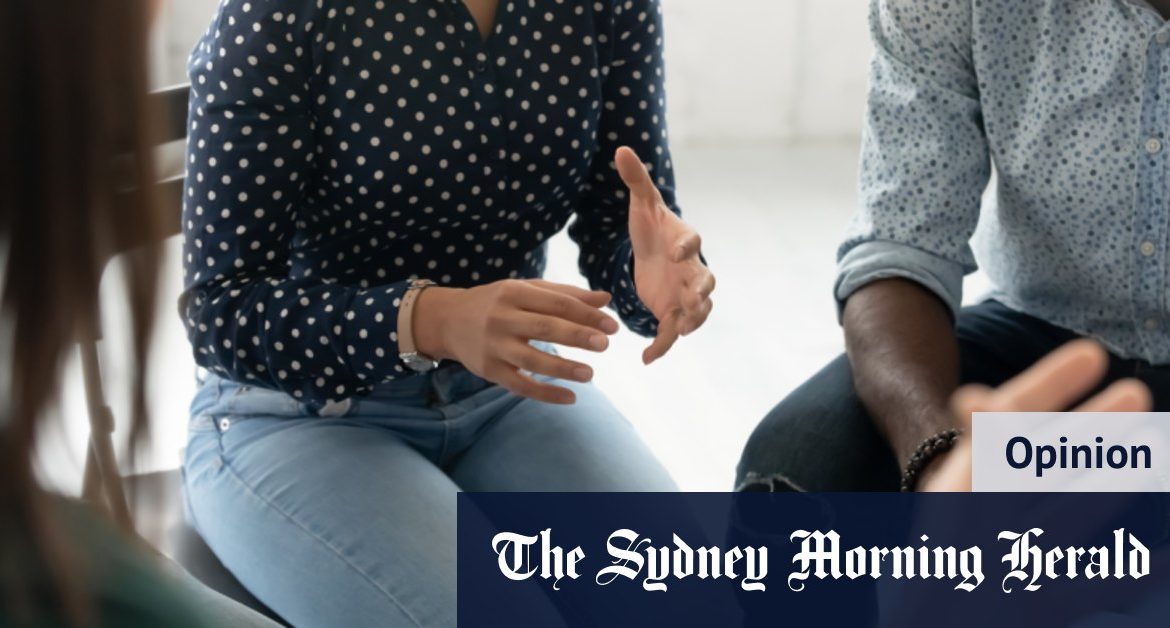But the contest I want to talk about is that between empathy and judgment. When I was young, one side of that equation was dominant. Lots of things accepted without qualm in 2020 were either shocking, vigorously debated or downright illegal in the 1960s and ’70s. Just think of working mothers, the rights of Indigenous Australians, safe, legal abortion, publicly subsidised contraception, same-sex marriage, surrogacy or even what was then called “living in sin”.
As the balance between empathy and judgment has shifted, a willingness has increased to imagine what it might be like to be a woman facing an unwanted pregnancy or someone attracted to the same sex. Because that’s what empathy is: the difference between “You made your bed, now lie on it” and “There but for the grace of God go I”.
Judging others is easier than empathising with them because it helps maintain our own illusion of safety. A smoker gets cancer? All their own fault. A woman gets raped when drunk? Well, what did she expect?
A refugee gets locked up on Manus indefinitely? They should not have jumped the (mythical) queue.
But many of us have had our illusions challenged recently. A record-breaking drought, followed by apocalyptic fires, rounded off by a pandemic, to be followed by a shaky economy, the first for almost three decades, have made us wake up. Our comfortable illusion of safety has been shaken – and then some.
But anyone who has lived as long as I have knows that bad times are sometimes useful times. Can this recognition of our own fundamental vulnerability help to jolt us out of judgment into empathy? Will our experience of prolonged lockdown, especially in Victoria, for example, make us less keen to want to lock other people up either on islands or in jails?
Will the spectre of millions of Australians losing their jobs due to the COVID recession create empathy for all those on the dole? Will that make it much harder for our government to take the Newstart rate back to a punitive and judgmental $40 a day?
Loading
Will our horror at images of burnt wildlife, particularly national emblems such as koalas and kangaroos, awaken our sense of alarm, urgency and compassion for the planet we occupy and the creatures we are meant to share it with?
Researchers have discovered that poor people tend to be more generous than wealthy ones. Nevertheless, I hope we don’t all have to be brought low before we can empathise. One thing I do know for sure is that the more empathy we have in our society, the less division. And my judgment is that would be better for everyone.
This article appears in Sunday Life magazine within the Sun-Herald and the Sunday Age on sale January 24. To read more from Sunday Life, visit The Sydney Morning Herald and The Age.







